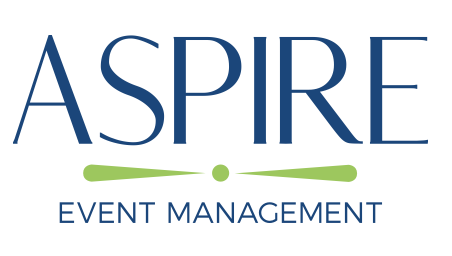In an age where data drives decision-making across industries, the value of collecting event data cannot be overstated. Whether you’re managing a conference, golf tournament, or gala, capturing and analyzing event data can provide invaluable insights. The collection of event data can significantly influence decision-making and transform future events.
What is Event Data?
Event data refers to information generated by events and includes a wide range of data points and trends associated with the registration process, hotel room bookings, session attendance numbers, exhibitor leads, meal counts, and survey feedback. This data is collected pre-event, onsite, and post-event, as a comprehensive tool to understand event successes and change opportunities.
The Value of Collecting Event Data
- Optimizing Operations
Collecting onsite event data enables organizations to optimize their operations. Your awareness of trends within historical event data will enable you to maximize your event program and establish the setup requirements.

- Enhancing Customer Experience
Event data can be a game-changer when it comes to improving the attendee experience. For example, asking the appropriate questions during the registration process will enable you to accommodate the needs and interests of attendees, making them feel heard and at home. After all, our goal is to make attendees feel comfortable, yet stimulated, so they are excited to attendee your next event.
- Data-Driven Decision-Making
In today’s data-driven world, decisions based on facts and real-time information are invaluable. Onsite event data provides decision-makers with the data they need to make informed choices quickly. Event data can reveal emerging trends, sudden deviations from norms, and opportunities for optimization, enabling proactive decision-making.

- Resource Allocation
Efficient resource allocation is crucial for any organization. Onsite event data helps allocate resources more effectively by providing insights into demand patterns. This can apply to staffing levels, inventory management, and energy consumption, resulting in cost savings and improved sustainability.
- Safety and Security
Event data is a valuable tool for ensuring the safety and security of any event. For instance, in large events like music festivals or sporting events, security personnel can monitor crowd movements and identify potential safety risks in real-time. At any event, data can be used to determine the level of risk for unforeseen circumstances, enabling planners to be proactive instead of reactive.

- Continuous Improvement
The collection of event data fosters a culture of continuous improvement. By analyzing historical data and tracking trends, events are able to evolve and adapt to the needs of your events, increasing attendee engagement and overall event experience.
The value of collecting event data cannot be overstated. It offers organizations the means to optimize operations, enhance customer experiences, make data-driven decisions, allocate resources effectively, ensure safety and security, and promote continuous improvement. As technology continues to advance, harnessing the power of onsite event data will become increasingly vital for staying competitive and thriving in the modern business landscape. So, if you haven’t already, it’s time to start collecting and leveraging the valuable insights that event data can provide.
